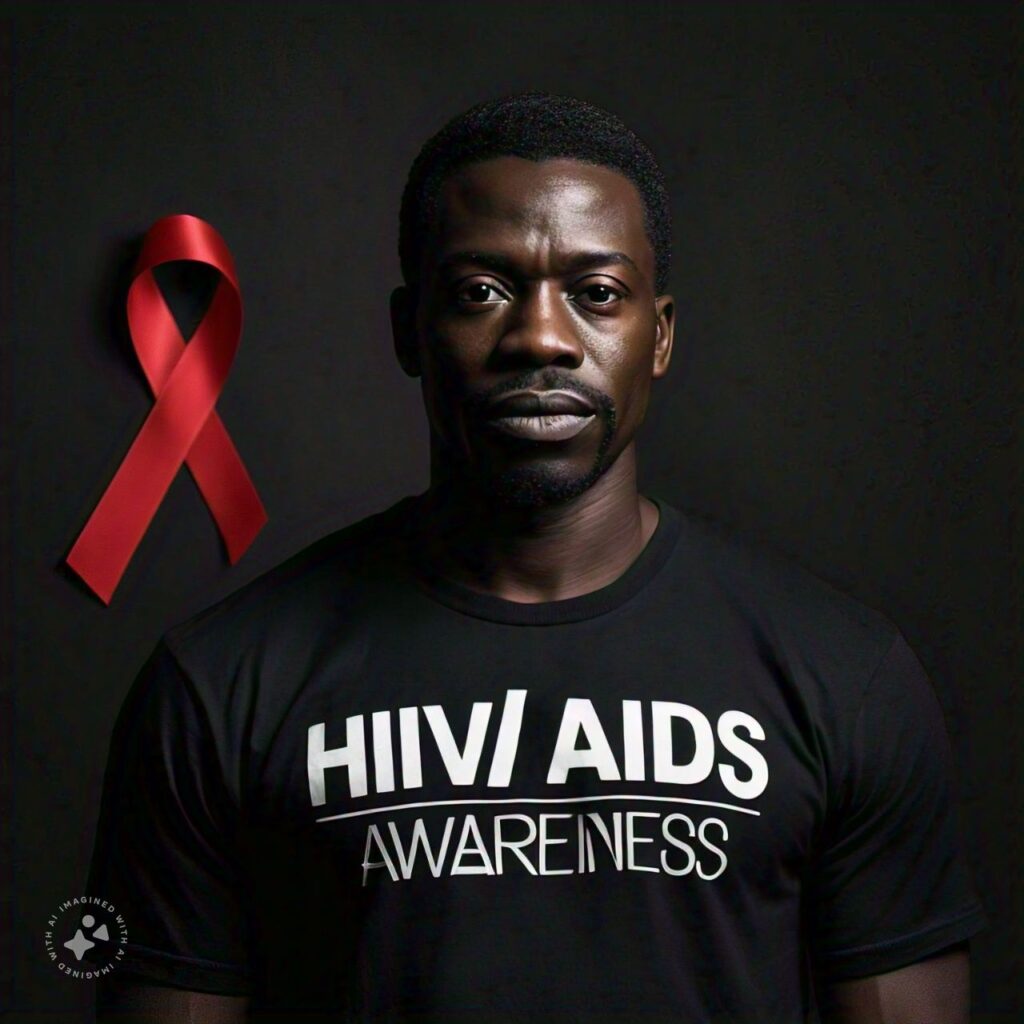Ghana recorded a worrying increase in HIV infections and AIDS-related deaths in 2024, with new figures showing the virus continues to disproportionately affect women and children.
Data from the latest National and Sub-National HIV and AIDS Estimates and Projections revealed that 15,290 people contracted HIV last year, while 12,614 lives were lost to AIDS-related illnesses.
Women accounted for more than two-thirds of new infections—10,303 cases representing 67.4%—while men recorded 4,987 cases, about 32.6% of the total. In total, 334,721 individuals are currently living with HIV in Ghana, comprising 229,261 females and 105,460 males.
Children also remain vulnerable, with 18,229 minors—roughly 5.4% of the infected population—now living with the virus. The report estimates 42 new HIV infections occur daily across adults and children combined.
Speaking at the launch of the 2024 estimates in Accra, Deputy Chief of Staff Nana Oye Bampoe Addo described the statistics as a call to action, emphasizing the urgent need to center women and children in HIV prevention efforts. She called for robust community engagement, the dismantling of stigma, and expanded access to life-saving services.
Currently, only 47% of people living with HIV are on antiretroviral therapy (ART), far below the global benchmark known as the UNAIDS 95-95-95 targets, which Ghana has yet to meet. These targets aim for 95% of people to know their status, 95% of those diagnosed to be on ART, and 95% of those treated to achieve viral suppression by 2025.
Ghana’s latest figures show:
- 68% know their HIV status
- 69% of those diagnosed are receiving treatment
- 90% of those on ART have achieved viral suppression
While progress has been made in viral control, the gap in early diagnosis and treatment initiation remains a major barrier.
Despite these challenges, there were some bright spots: the availability of ART helped prevent 12,358 deaths in 2024—averaging 229 lives saved per week.
Ms. Bampoe Addo also reiterated the government’s commitment to scaling up domestic funding for HIV-related initiatives, integrating prevention into wider health programs, and using data to enhance healthcare delivery.
Meanwhile, Dr. Kharmacelle Prosper Akanbong, Acting Director General of the Ghana AIDS Commission, emphasized the need for shared responsibility, especially as certain regions and at-risk populations face a heavier burden from the epidemic. He called for a more equitable approach to ensure no one is left behind.
Dr. Emmanuel Teviu, Acting Programme Manager for the National AIDS Control Programme, highlighted the need to improve HIV detection and early treatment, particularly through self-testing kits, which can help reach men, youth, and others who often avoid health facilities.
He said self-testing offers a private, flexible solution for those who might otherwise go untested, and could significantly boost Ghana’s testing coverage.
The HIV Estimates and Projections exercise is conducted annually to provide insight into Ghana’s HIV landscape. Its findings are used to track progress, fine-tune intervention strategies, and accelerate the national goal of ending AIDS as a public health threat by 2030.
Source: NewsandVibes.com

